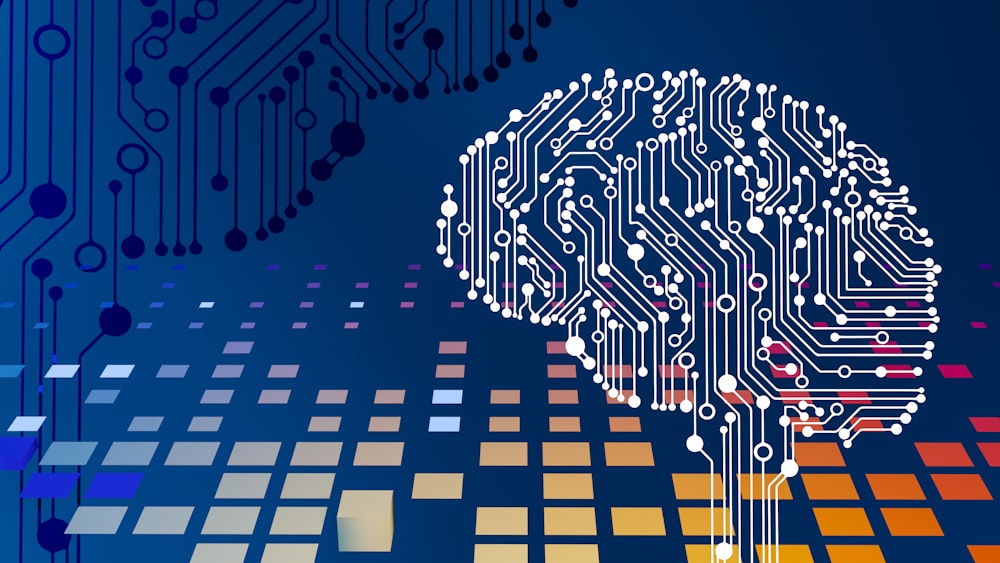The Impact of AI on School Education

In the 21st century, the integration of Artificial Intelligence (AI) into various sectors has revolutionized traditional practices and processes. One of the domains profoundly influenced by AI is education. From personalized learning to administrative efficiency, AI is reshaping the landscape of school education. In this comprehensive analysis, we delve into the multifaceted impacts of AI on school education, exploring its potential, challenges, and implications for the future.
- Personalized Learning:
- AI-powered adaptive learning platforms analyze students' performance data to tailor educational content and pace according to individual learning styles and abilities.
- Customized learning paths enhance student engagement, motivation, and comprehension, fostering a more effective learning environment.
- However, concerns arise regarding data privacy, algorithmic bias, and the need for human intervention to ensure ethical use and mitigate disparities.
- Enhanced Teaching Practices:
- AI assists educators in designing curriculum materials, generating automated assessments, and providing real-time feedback to students.
- Virtual teaching assistants equipped with natural language processing capabilities offer personalized tutoring and support, augmenting classroom instruction.
- Integration of AI tools streamlines administrative tasks, enabling teachers to allocate more time for student interaction and pedagogical innovation.
- Predictive Analytics and Early Intervention:
- AI algorithms analyze vast datasets to identify patterns and predict students at risk of academic underperformance or behavioral issues.
- Early intervention strategies facilitated by AI-driven insights enable educators to provide timely support and interventions to prevent student disengagement or dropout.
- Ethical considerations encompass the responsible use of predictive analytics, safeguarding student privacy and autonomy while mitigating the risk of stigmatization.
- Augmented Reality and Virtual Reality:
- AI-powered AR and VR applications offer immersive learning experiences, enabling students to explore complex concepts through interactive simulations and virtual field trips.
- Enhanced visualization and hands-on experiences foster deeper understanding and retention of subject matter across diverse disciplines.
- Challenges include accessibility concerns, technological infrastructure requirements, and the need for effective training for educators to leverage AR/VR effectively.
- Curriculum Customization and Lifelong Learning:
- AI algorithms analyze labor market trends, skill demands, and individual career aspirations to tailor educational pathways and curriculum recommendations.
- Adaptive learning platforms facilitate continuous skill development and personalized learning trajectories beyond traditional classroom settings.
- Ethical considerations revolve around ensuring equitable access to AI-driven educational opportunities and addressing potential biases in algorithmic recommendations.
- Teacher Professional Development:
- AI-powered professional development platforms offer personalized training modules and resources tailored to educators' needs and preferences.
- Data analytics provide insights into teaching efficacy, allowing for targeted support and continuous improvement.
- However, concerns arise regarding the balance between AI-driven recommendations and the importance of human expertise and creativity in teaching practices.
Conclusion:
As AI continues to advance, its impact on school education will become increasingly profound, shaping teaching and learning practices in unprecedented ways. While AI holds immense potential to enhance educational outcomes, its implementation necessitates careful consideration of ethical, privacy, and equity concerns. Collaborative efforts among educators, policymakers, and technology developers are essential to harness the transformative power of AI responsibly and ensure equitable access to quality education for all learners in the digital age.














































